EDITORIAL
Published on 29 Apr 2024
Editorial: The problem of childhood hypoglycemia, volume II
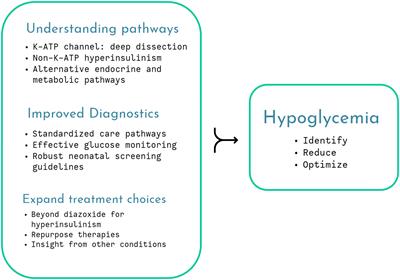
doi 10.3389/fendo.2024.1412976
- 523 views
16k
Total downloads
56k
Total views and downloads
Select the journal/section where you want your idea to be submitted:
EDITORIAL
Published on 29 Apr 2024

ORIGINAL RESEARCH
Published on 28 Mar 2024
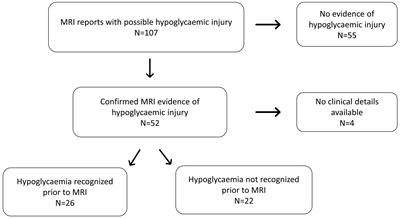
REVIEW
Published on 20 Nov 2023
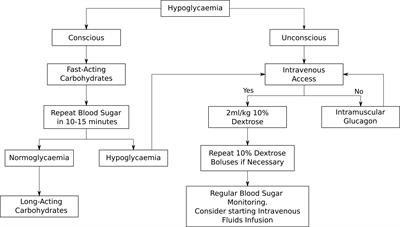
ORIGINAL RESEARCH
Published on 16 Nov 2023
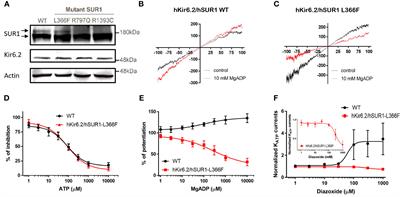
REVIEW
Published on 30 Oct 2023
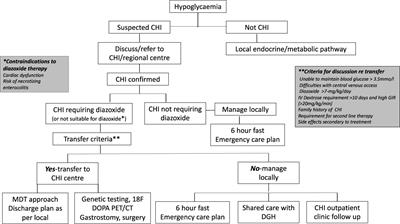
MINI REVIEW
Published on 18 Aug 2023
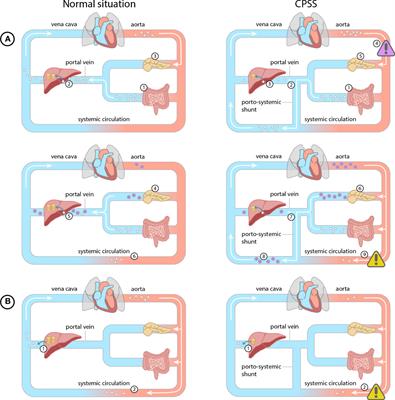
ORIGINAL RESEARCH
Published on 14 Jun 2023
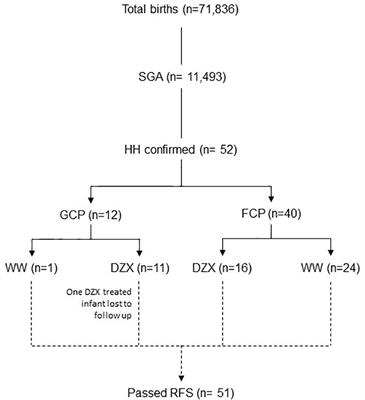
REVIEW
Published on 08 Jun 2023
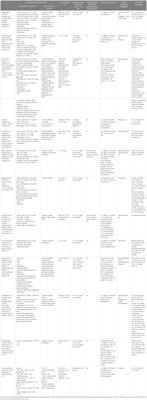
REVIEW
Published on 21 Apr 2023
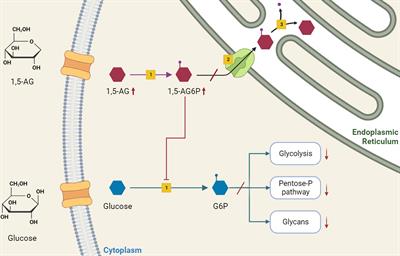
REVIEW
Published on 28 Mar 2023
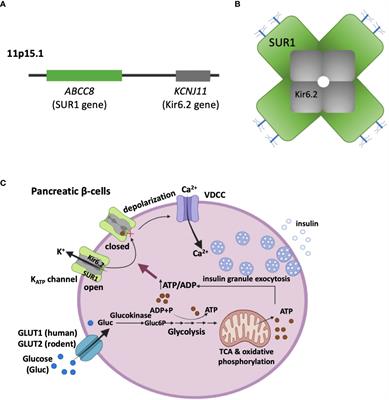
REVIEW
Published on 23 Jan 2023
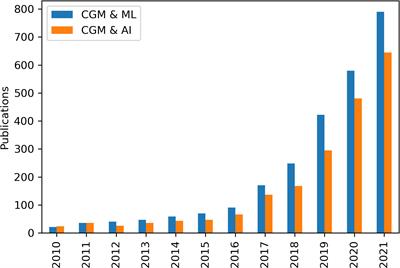
MINI REVIEW
Published on 16 Jan 2023


Frontiers in Pediatrics